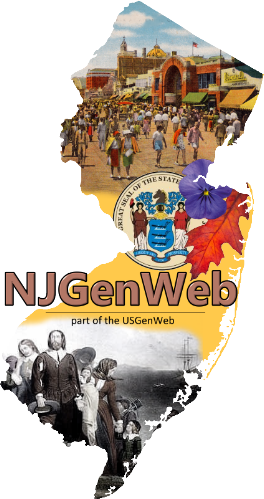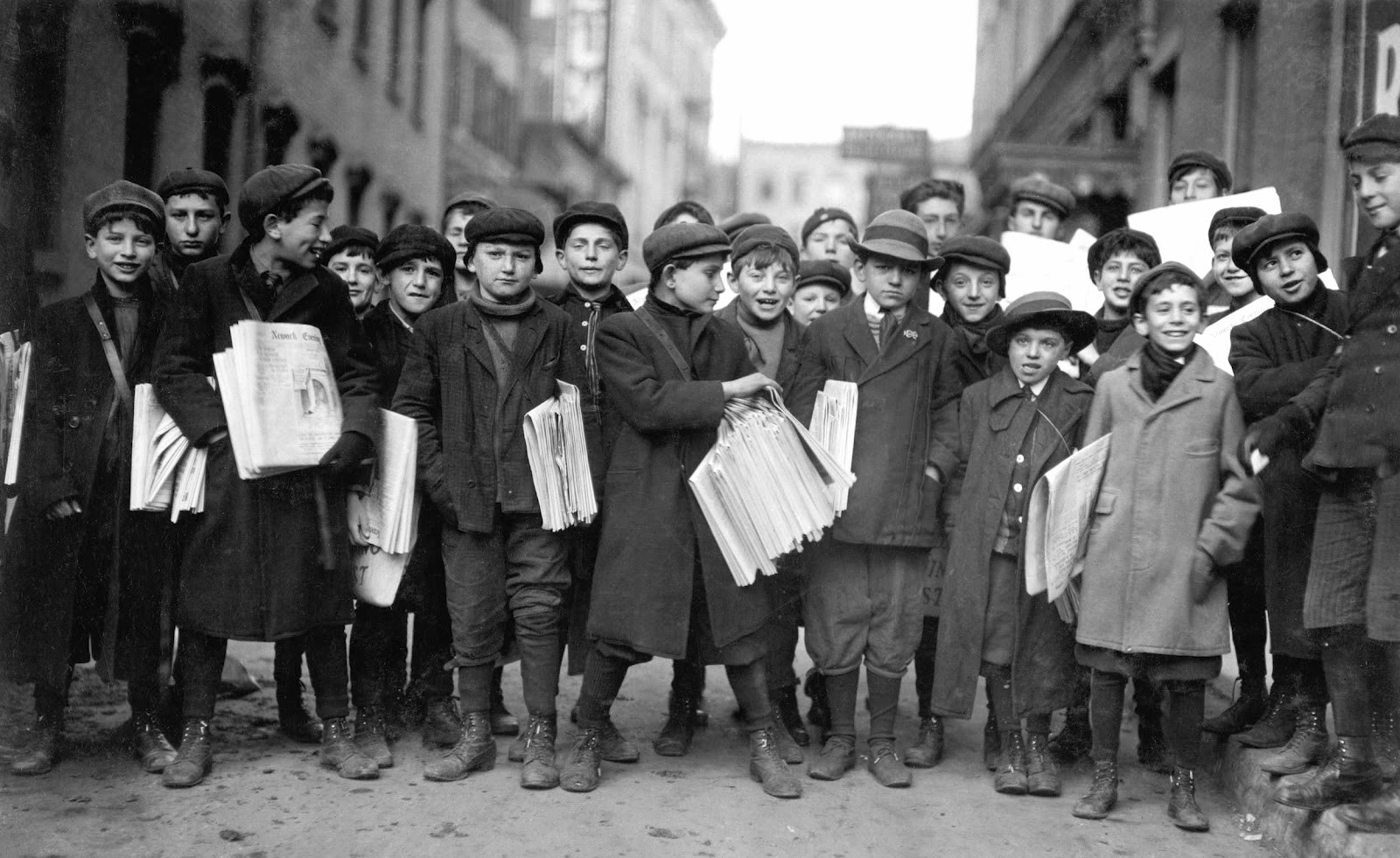|

 |
|
 |

Jersey
Ferry
|
In 1664 the Dutch
lost New Netherlands when the
British took control of the land and
added it to their colonies. They
divided the land in half and gave
control to two proprietors: Sir
George Carteret (who was in charge
of the east side) and Lord John
Berkley (who was in charge of the
west side). The land was officially
named New Jersey after the Isle of
Jersey in the English Channel.
Carteret had been governor of the
Isle of Jersey.
Berkeley and Carteret sold the land
at low prices and allowed the
settlers to have political and
religious freedom. As a result, New
Jersey was more ethnically diverse
than many other colonies. Primarily
a rural society, the colony grew to
have about 100,000 people.
Eventually, governing power was
transferred back to England. For
many years, New Jersey shared a
royal governor with New York. The
governorship was finally split in
1738 when New Jersey got its own
governor, Lewis Morris.
In the years before the Revolution,
anti-British feelings spread
throughout the state. (For fun, play
"Dunk King George.") About one-third
of the people living here supported
the rebels, one-third supported
England, and one-third remained
neutral. In 1776 New Jersey declared
itself an independent state and
joined the colonial side in the
Revolutionary War.
New Jersey was an important state
during the Revolutionary War because
of its location near the center of
the thirteen colonies and between
New York City and Philadelphia.
Because of this, more battles were
fought in New Jersey than in any
other state. The Americans and
British fought 100 battles, both
large and small, here.
Many people consider the Battle of
Trenton (see next page) to be the
turning point of the Revolution.
Immediately after winning Trenton,
General George Washington won the
battle of Princeton. Having lost two
battles in a matter of hours, the
British fled New Jersey for New
York. Washington and his troops
spent the rest of the winter in
Morristown, and the United States
was well on its way to victory.
(Above info
from: http://www.nj.gov/hangout_nj/assignment_history_ct.html) |
|

